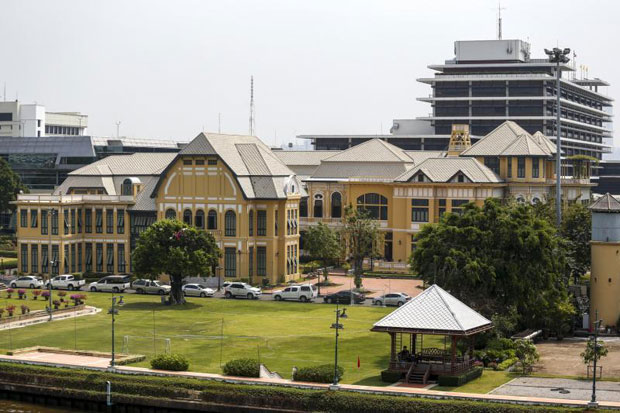
The Bank of Thailand will ease foreign-exchange rules to let individuals invest in products linked to foreign exchange and buy foreign currency of up to US$5 million per person.
The move, part of the second phase of the Capital Account Liberalisation Master Plan, aims to broaden investment alternatives for retail investors and diversify risks. The second phase of the master plan, which began last year, runs until 2017.
The new regulations will take effect from April 18, the central bank said in a release.
Under the eased regulations, local commercial banks are permitted to offer structured notes, whose returns are linked to exchange rates, to retail investors.
Individuals are also allowed to engage in derivatives transactions linked to foreign exchange rates but not involving the baht.
Money transfer agents' qualifications have also been relaxed to widen people's choices in transferring money overseas through electronic channels.
Telecom operators, money changers, those who hold payment licences under the law regulating e-payment, and companies in which three-quarters of shareholders are money changers are eligible to be money transfer agents, the central bank said.
Candidates must have a minimum paid-up capital of 100 million baht and they must have a trustable money transfer network internationally.
Authorised money transfer agents are able to offer the service through electronic channels such as websites or mobile-phone apps.
The central bank will also raise the cap on overseas money transfers to 200,000 baht a day per person from $2,000.
Meanwhile, securities brokers are required to seek Bank of Thailand approval for netting in foreign exchange with commercial banks for their customers' investment on a case-by-case basis to increase stockbrokers' flexibility in providing services to customers.
The master plan's first phase began in 2012, with the aim of encouraging Thai companies and depositors to diversify investments and upgrade business efficiency by creating a supporting environment, as well as increasing the flexibility of Thai residents in overseas investment and in foreign exchange risk management.
